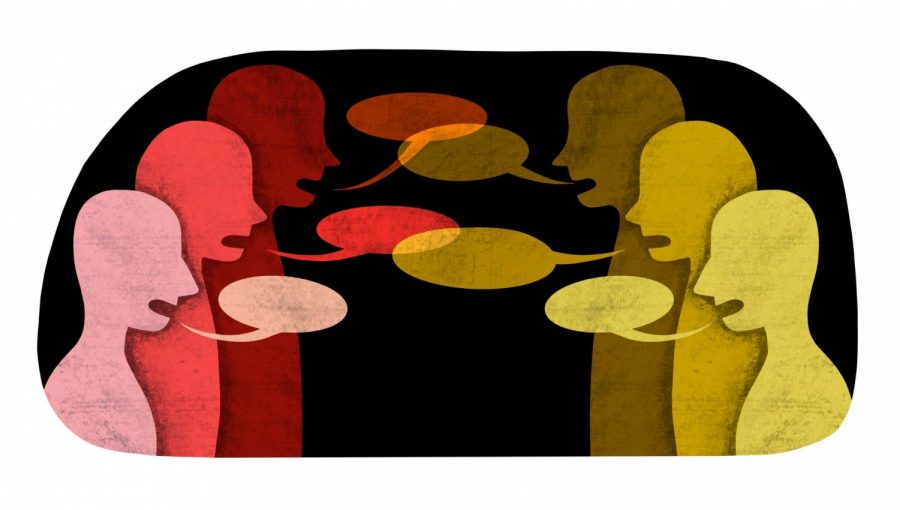Have you ever wondered where your trash goes? If you’re a student at the University of Minnesota – Twin Cities, approximately 55% of your waste is diverted through recycling and composting programs, and the rest is sent to a giant trash burner in Minneapolis’ North Loop called the Hennepin Energy Recovery Center (HERC). As you can imagine, the campus generates a lot of waste each year between research materials, medical supplies, athletic games and the sheer number of people. 9,311,600 pounds of trash from the University were burned at the HERC incinerator in 2019.
Throughout 2023, community organizers have been working hard to encourage Hennepin County to shut down the HERC. This renewed effort builds on decades of opposition that began with the incinerator being placed in an already overburdened community. The HERC generates air pollution that contributes to the high rates of asthma in Phillips and North Minneapolis neighborhoods. Approximately 239,219 people live within a 3-mile radius of the HERC, of which 49% were people of color and 44% were low-income. Majority white populations in Hennepin County, including the University, have created a waste system based on environmental racism, where we dump our waste on an overburdened and underprivileged community. The Hennepin County commissioners specifically recognized environmental racism as a reason to vote in favor of creating a closure plan for the HERC on October 24, 2023.
On Jan. 30, Hennepin County introduced a resolution to extend their contract with the HERC’s operator, Great River Energy, through 2033. This resolution goes against community demands for a shutdown date in 2025, which was the original end date of the county’s contract with Great River Energy. The community demands that the county doesn’t stop at shutting down the HERC, but also works against new instances of environmental injustice like the construction of a replacement incinerator or landfill in another overburdened community. This is why we are pushing for comprehensive, community-informed zero-waste initiatives to be implemented along with a plan to shut down the HERC. We, our campus, can be part of that change!
The University is committed to a comprehensive Climate Action Plan and carbon neutrality by 2050, but the plan contains no mention of waste management and there is currently no plan to get the campus to its goal of 90% waste diversion.
Facilities management workers at the UMN have also expressed concerns that they are not adequately compensated or trained when it comes to zero-waste initiatives and sustainability efforts on the Twin Cities campus. Given these absences and the pressing urgency of sustainable waste management, we demand the University develop a comprehensive zero-waste plan by the end of the 2024-25 academic year. This plan must include active involvement from relevant department leaders, workers, students and community members at every step of the process. It must include strategies to bring diversion rates to 90% and reduce waste generation.
The City of Minneapolis and Hennepin County have released zero waste plans and universities like Boston University, Stanford and University of California – Berkeley have done the same. It is vital that the University works to halt the environmental harms and inequities caused by inadequate waste management.
To show your support for a zero waste plan, get involved with Students for Climate Justice at the UMN by signing up for our newsletter, following us on social media, and/or filling out an interest form.
Gracelyn McClure, Max Pritchard, and Maia Bowman are writing on behalf of Students for Climate Justice at the University of Minnesota. Students for Climate Justice at UMN organize for a just climate-forward future through intersectional advocacy.









